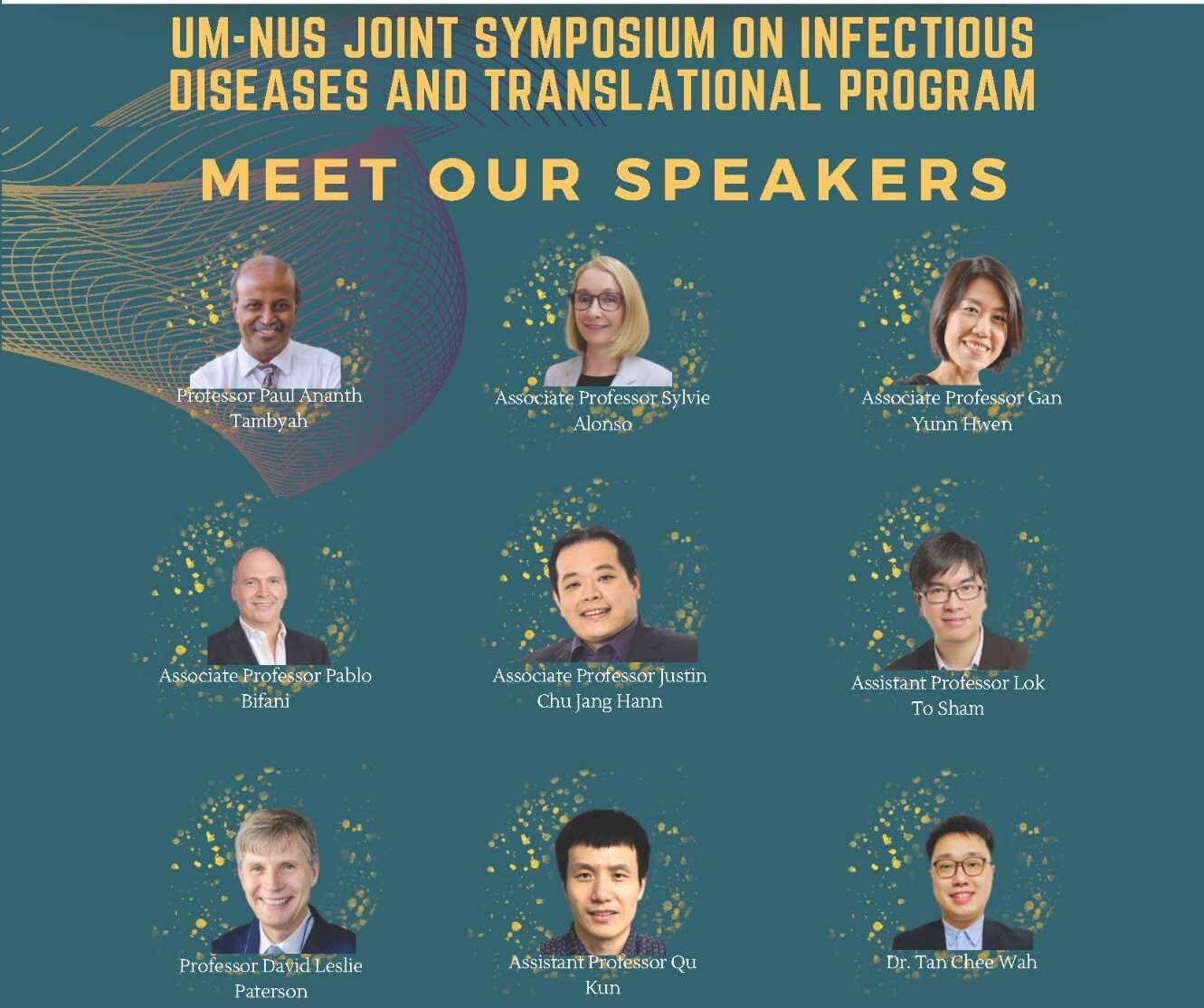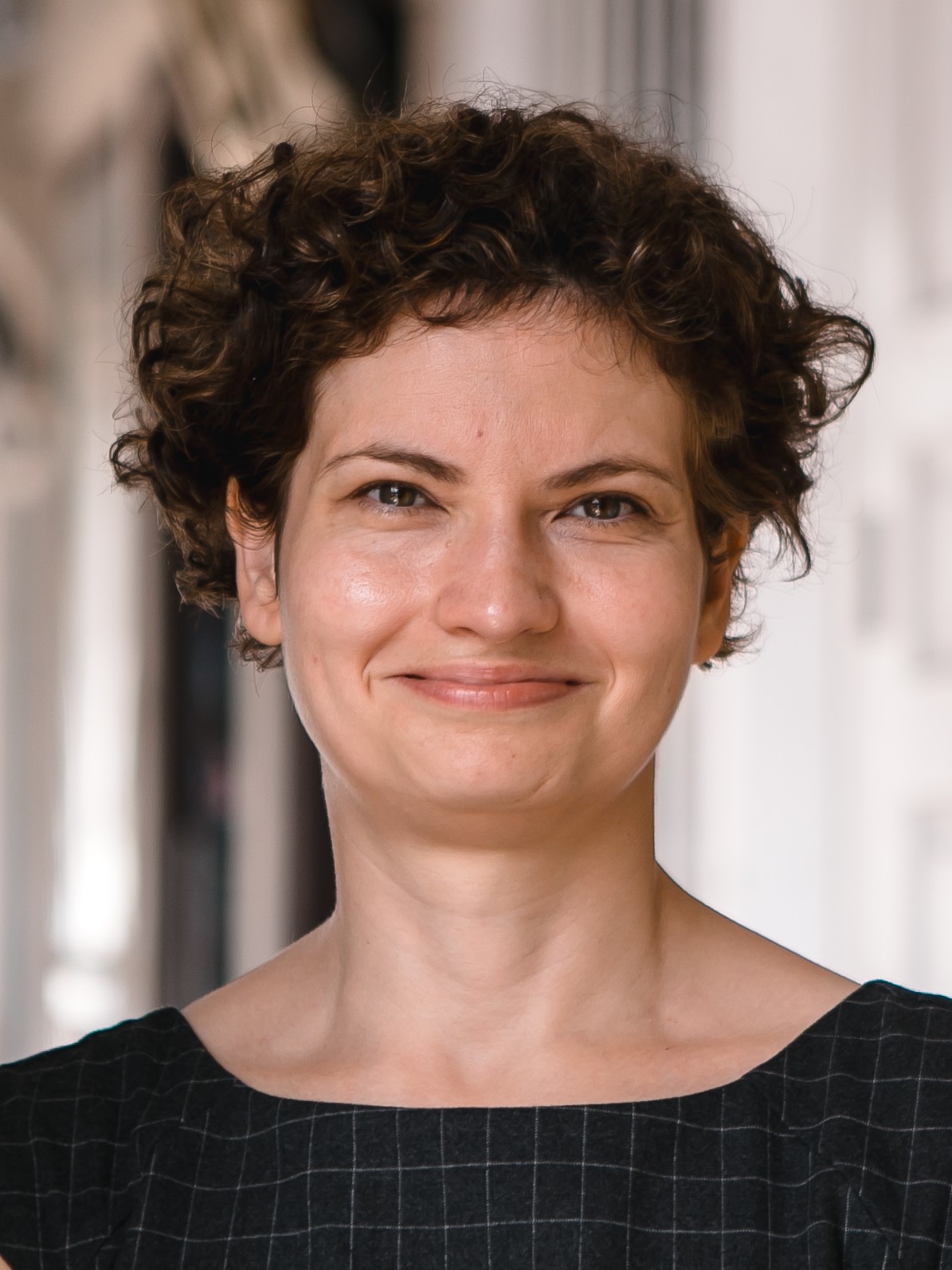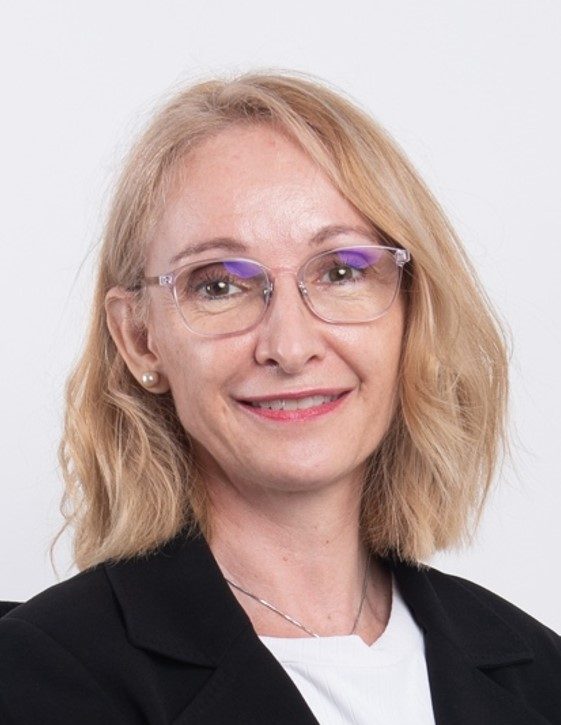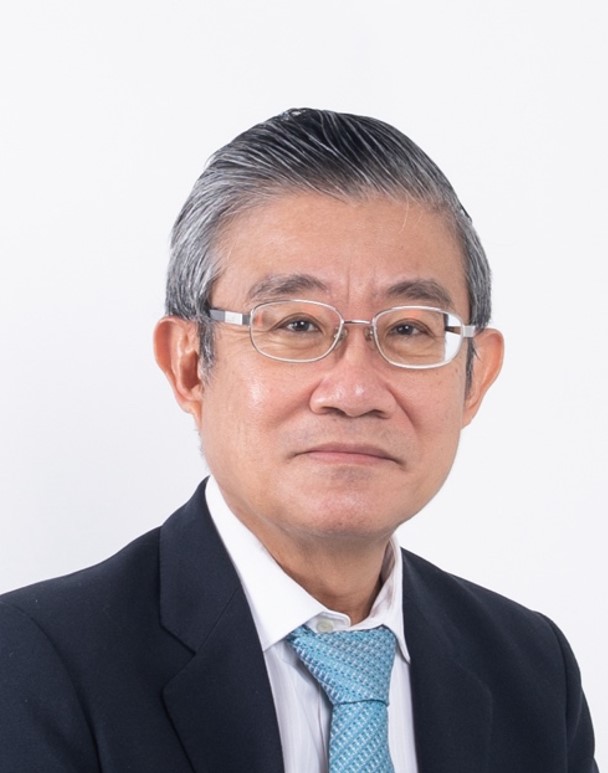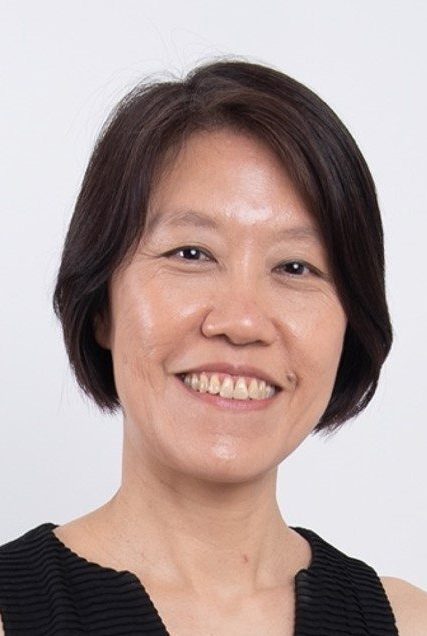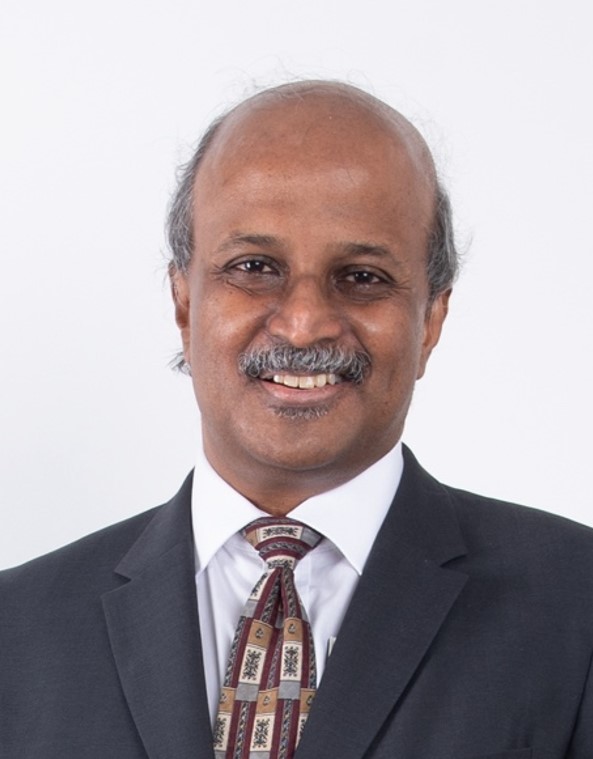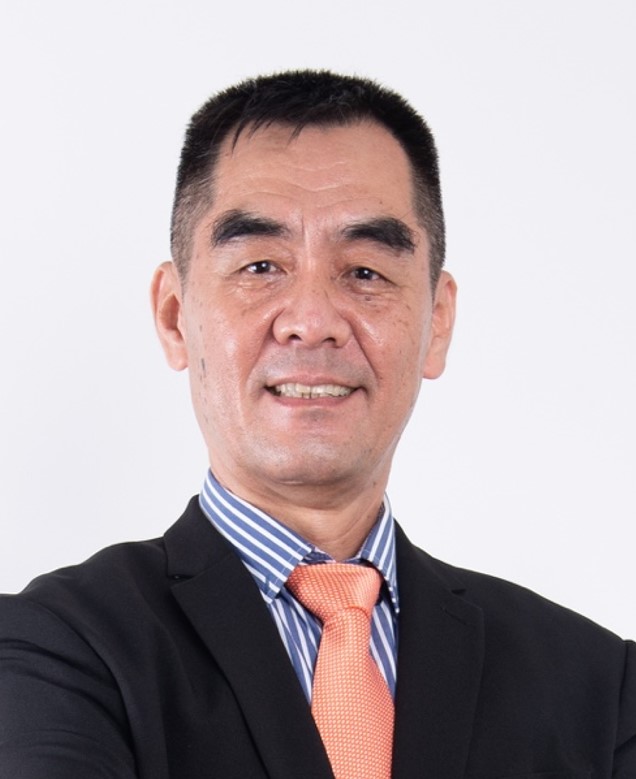SINGAPORE – There is little to suggest that the strains of the virus that are currently circulating are more likely to infect children, experts said, even as more than 40 students and pupils from some 30 schools have come down with Covid-19 in the past month.
The reason more children have been infected is due to the cluster environment, such as a tuition centre or a school bus, said infectious diseases expert Paul Tambyah.
Both of these have become the epicentres of two large clusters, said the deputy director of the NUS Yong Loo Lin School of Medicine’s Infectious Diseases Translational Research Programme.
The rise in infections includes a cluster at Learning Point tuition centre, which has 28 cases as at Friday (May 21).
On that same day, Singapore also reported its first incidence of school-based transmission.
However, current evidence also does not point to children being more likely to be infected with the B1617 variant than with the original strain.
Official data from the Press Trust of India news agency suggests that the proportion of children infected during the first and second waves of the pandemic in India is similar, Professor Tambyah added.
Associate Professor Sylvie Alonso, co-director of the same programme at NUS, said that more aggressive testing among the younger age group could also be a reason that more cases have surfaced.
“We seem to also see that the B1617 variant is overall more transmissible than the previous variants – across all age groups – hence affecting more children as well,” Prof Alonso added.
Associate Professor Hsu Li Yang, vice-dean of global health at the NUS’ Saw Swee Hock School of Public Health, said that the risk of severe disease for those under the age of 18 is much lower than for adults.
“Babies under one and children with underlying medical conditions such as diabetes and chronic lung disease may be more likely to get severe Covid-19, but generally those under the age of 18 are far less likely to get severe Covid-19 compared with adults,” he said.
There is, however, a very rare and serious condition, known as multi-system inflammatory syndrome – a condition where different body parts can become inflamed – that is seen only in children and is associated with Covid-19 infection, but Singapore has yet to see a case, Prof Hsu added.
Source: Straits Times



